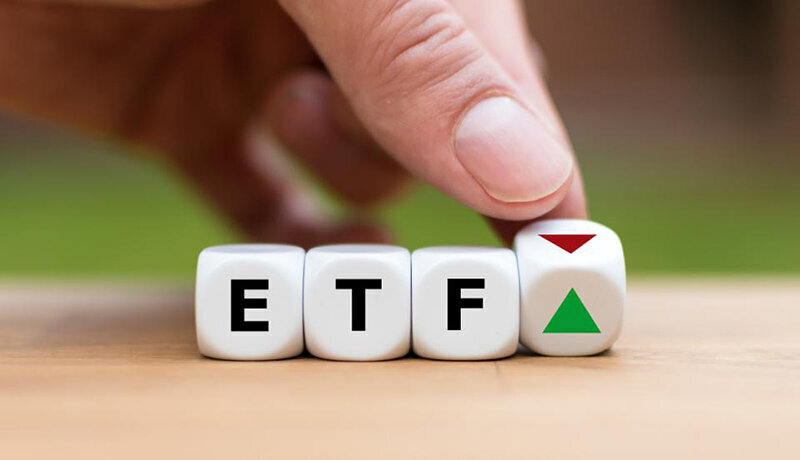
Secondary trades of 2nd ETF units begin

In May, the Iranian government sold shares in three banks and two insurance companies via the first exchange-traded fund (dubbed Dara First).
The bank-based ETF holds 17 percent of government stake in Tejarat Bank, 17 percent in Bank Mellat, 18.32 percent in Bank Saderat Iran, 17.34 percent in Alborz Insurance Company and 11.44 percent in Amin Reinsurance Company.
Dara First, listed on Tehran Stock Exchange, which is Iran’s major stock exchange, was the first fund from a series of three ETFs, through them shares of some state-owned organizations and companies are planned to be offered.
The shares to be offered via the mentioned Iranian ETFs belong to those governmental bodies defined in Iran’s privatization program, a comprehensive plan seriously followed up by the government to downsize and reduce its role in the economy.
The second ETF (dubbed First Refinery, or Dara Second), which holds government shares in four major oil refining companies, namely Tehran Oil Refining Company, Isfahan Oil Refining Company, Tabriz Oil Refining Company and Bandar Abbas Oil Refining Company, was offered on August 26.
The government owns 20 percent of shares in each refinery.
It has also a plan to divest shares in giant auto and metal companies through a third ETF (dubbed Dara Third). The third fund is expected to hold 12.05 percent of government stakes in the National Iranian Copper Industry Company, 17.2 percent in Mobarakeh Steel Company, 14.04 percent in Iran Khodro, and 23 percent in SAIPA (the two main domestic carmakers).
Meanwhile, Finance and Economic Affairs Minister Farhad Dejpasand said on September 7 that the government’s remaining shares in three aforementioned banks will be offered via the third ETF.
An ETF is an investment fund traded on stock exchanges, much like stocks. An ETF holds assets such as stocks, commodities, or bonds and generally operates with an arbitrage mechanism designed to keep it trading close to its net asset value, although deviations can occasionally occur.


Trump weighs using $2 billion in CHIPS Act funding for critical minerals

Codelco cuts 2025 copper forecast after El Teniente mine collapse

Electra converts debt, launches $30M raise to jumpstart stalled cobalt refinery

Barrick’s Reko Diq in line for $410M ADB backing

Abcourt readies Sleeping Giant mill to pour first gold since 2014

Nevada army depot to serve as base for first US strategic minerals stockpile

SQM boosts lithium supply plans as prices flick higher

Viridis unveils 200Mt initial reserve for Brazil rare earth project

Tailings could meet much of US critical mineral demand – study

Kyrgyzstan kicks off underground gold mining at Kumtor

Kyrgyzstan kicks off underground gold mining at Kumtor

KoBold Metals granted lithium exploration rights in Congo

Freeport Indonesia to wrap up Gresik plant repairs by early September

Energy Fuels soars on Vulcan Elements partnership

Northern Dynasty sticks to proposal in battle to lift Pebble mine veto

Giustra-backed mining firm teams up with informal miners in Colombia

Critical Metals signs agreement to supply rare earth to US government-funded facility

China extends rare earth controls to imported material

Galan Lithium proceeds with $13M financing for Argentina project

Kyrgyzstan kicks off underground gold mining at Kumtor

Freeport Indonesia to wrap up Gresik plant repairs by early September

Energy Fuels soars on Vulcan Elements partnership

Northern Dynasty sticks to proposal in battle to lift Pebble mine veto

Giustra-backed mining firm teams up with informal miners in Colombia

Critical Metals signs agreement to supply rare earth to US government-funded facility

China extends rare earth controls to imported material

Galan Lithium proceeds with $13M financing for Argentina project

Silver price touches $39 as market weighs rate cut outlook

















